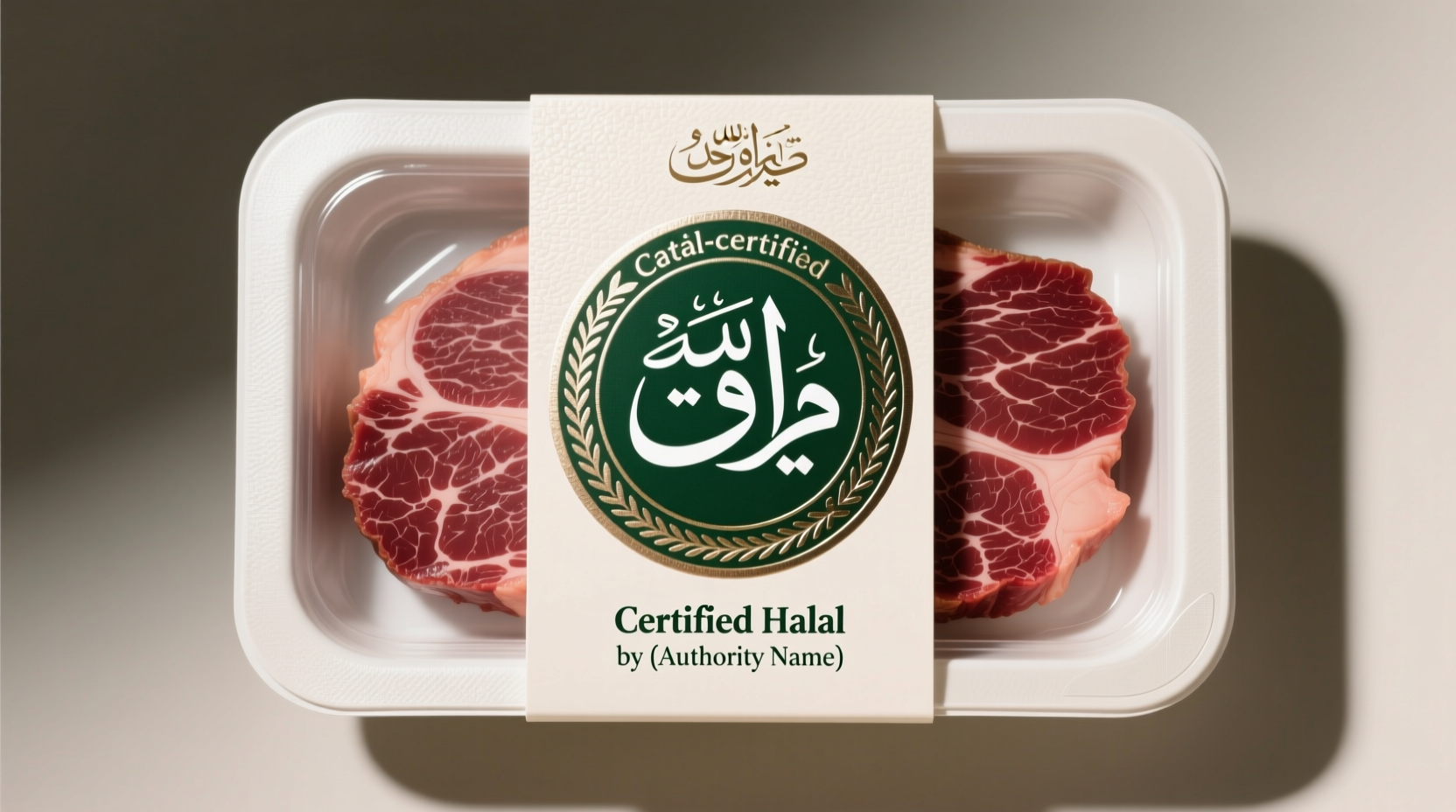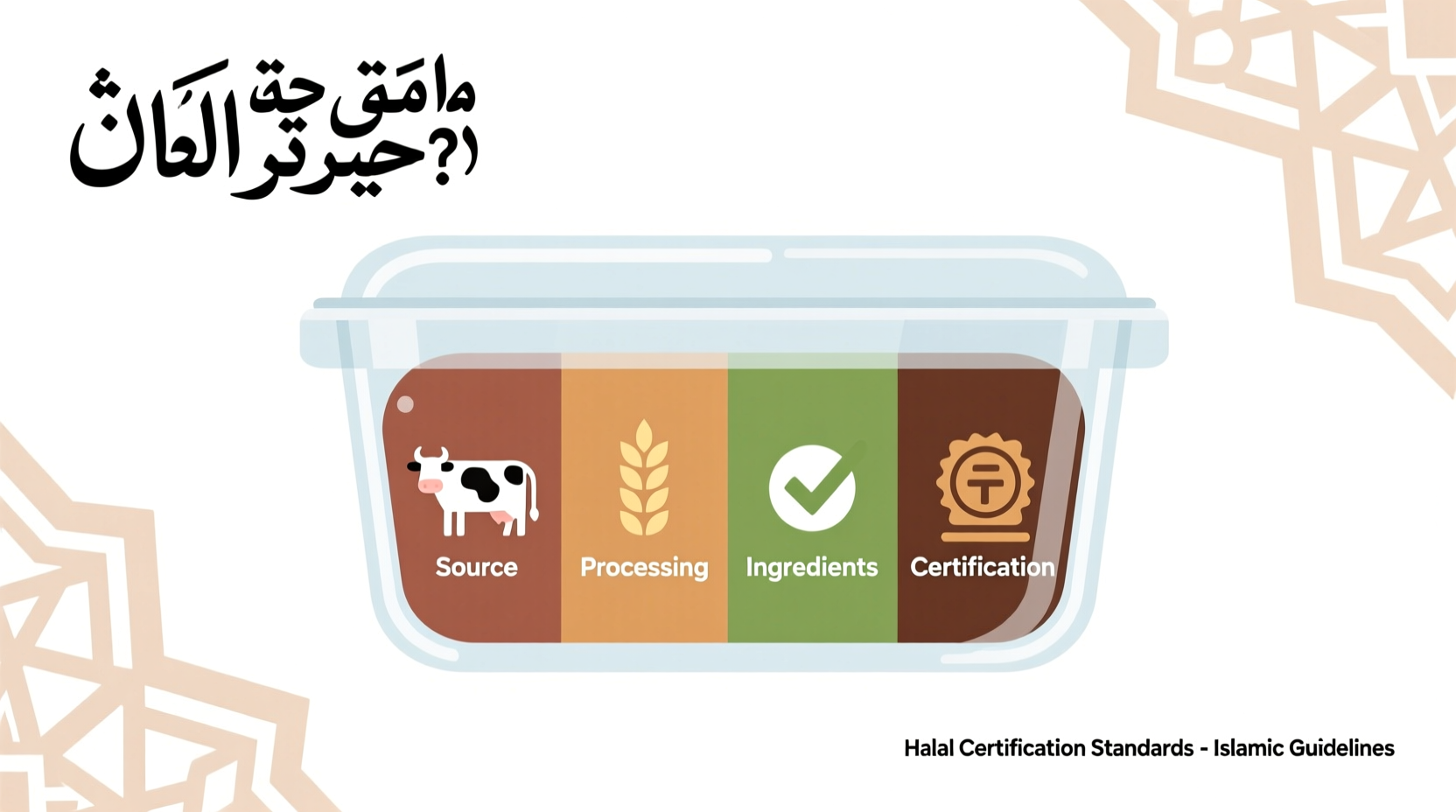Understanding the Core Principles of Halal Food
Halal, meaning "permissible" in Arabic, refers to food that Muslims can consume according to Islamic law derived from the Quran and Sunnah. The foundation of halal food rests on several key principles that determine what makes food halal:
First and foremost, halal food must be free from any substances considered haram (forbidden). The Quran explicitly states: "He has only forbidden to you dead animals, blood, the flesh of swine, and that which has been dedicated to other than Allah." (Surah Al-Baqarah 2:173). This prohibition forms the bedrock of halal dietary guidelines that have guided Muslim communities for over 1,400 years.
Equally important is the concept of tayyib, which means wholesome, pure, and good. Halal isn't just about avoiding forbidden elements—it also requires that food be prepared ethically, hygienically, and with good intentions. This holistic approach ensures that what makes food halal extends beyond mere ingredients to encompass the entire production process.
The Halal Slaughter Process: What Truly Makes Meat Halal
For meat to be considered halal, it must undergo dhabihah—the Islamic method of slaughter. This process isn't merely ritualistic; it serves practical purposes related to animal welfare and food safety that many modern studies have validated.
The proper halal slaughter requires:
- A sharp knife that severs the trachea, esophagus, and blood vessels in the neck
- Invocation of Allah's name at the time of slaughter (Allahu Akbar)
- A trained Muslim slaughterer who understands the requirements
- Ensuring the animal faces the Qibla (direction of Mecca) when possible
Contrary to common misconceptions, halal slaughter prioritizes animal welfare. Research published by the Journal of Animal Science indicates that when performed correctly, the method results in rapid loss of consciousness due to immediate blood drainage, minimizing suffering.

Hidden Non-Halal Ingredients: What Makes Processed Food Questionable
Modern food processing introduces complexities that challenge traditional halal understanding. Many everyday products contain hidden haram elements that consumers often overlook when determining what makes food halal.
| Common Ingredient | Halal Status | Halal Alternatives |
|---|---|---|
| Gelatin | Usually haram (from pork) | Fish or plant-based gelatin |
| Enzymes (rennet) | Depends on source | Microbial or plant enzymes |
| Alcohol-based flavors | Haram (even trace amounts) | Steam-distilled flavors |
| L-cysteine | Often from human hair | Synthetic or plant-derived |
According to the Islamic Food and Nutrition Council of America (IFANCA), over 70% of processed foods contain ingredients requiring halal verification. This statistic highlights why understanding what makes food halal extends far beyond basic meat products to encompass the entire grocery store.
Halal Certification: Your Verification Tool
With increasing globalization, halal certification has become essential for verifying what makes food halal. Reputable certification bodies follow strict protocols to ensure compliance at every production stage:
- Ingredient verification from source to final product
- Facility inspection for cross-contamination prevention
- Process validation to ensure halal integrity
- Regular audits and spot checks
The evolution of halal certification reflects changing food production methods. What began as community-based verification in local markets has developed into a sophisticated international system. The first formal halal certification program emerged in Malaysia in 1975, and today over 50 countries have established halal certification standards recognized by the Halal Development Corporation.
Contextual Boundaries: When Rules Have Exceptions
Islamic jurisprudence recognizes specific circumstances where normally haram substances become permissible—a concept known as darurah (necessity). Understanding these boundaries is crucial when determining what makes food halal in exceptional situations:
- Life-threatening situations: Consuming haram food is permitted when facing starvation with no halal alternatives
- Medicinal necessity: Alcohol-based medicines may be used when no halal alternatives exist and prescribed by a physician
- Trace ingredients: Most scholars agree that unintentional, negligible traces of haram substances (less than 0.1%) don't affect halal status
These exceptions follow the Islamic legal principle: "Necessities permit the forbidden" but only to the extent required by the emergency. This nuanced understanding helps Muslims navigate complex food landscapes while maintaining religious compliance.
Practical Tips for Identifying Halal Food
When shopping or dining out, use these evidence-based strategies to verify what makes food halal:
- Look for recognized certification logos from bodies like IFANCA, HFA, or JAKIM
- Ask specific questions about ingredients and preparation methods
- Download halal food finder apps like Zabihah or HalalTrip
- Build relationships with local halal butchers and grocers
- Learn common ingredient terms that indicate non-halal status
Remember that "halal" on a label doesn't always guarantee compliance. The Muslim Consumer Group reports that approximately 15% of products claiming to be halal lack proper certification. Always verify through multiple sources when determining what makes food halal.
Common Misconceptions About Halal Food
Several myths persist about what makes food halal. Let's clarify these with factual information:
- Myth: Halal slaughter is cruel to animals
Fact: Multiple veterinary studies confirm halal slaughter, when performed correctly, results in less suffering than conventional methods - Myth: All seafood is automatically halal
Fact: While most schools of thought consider seafood halal, some scholars prohibit certain types like shellfish - Myth: Alcohol evaporates completely during cooking
Fact: Research from the USDA shows up to 85% of alcohol remains in cooked dishes, making wine-cooked foods non-halal
These clarifications help consumers make informed decisions based on actual Islamic guidelines rather than popular misconceptions about what makes food halal.











 浙公网安备
33010002000092号
浙公网安备
33010002000092号 浙B2-20120091-4
浙B2-20120091-4